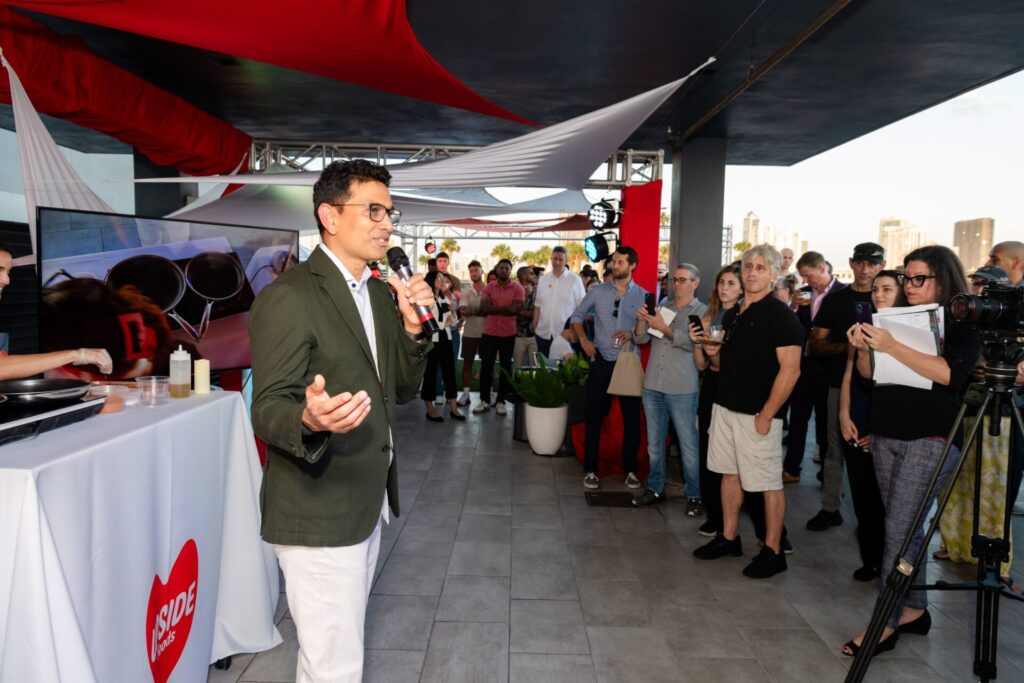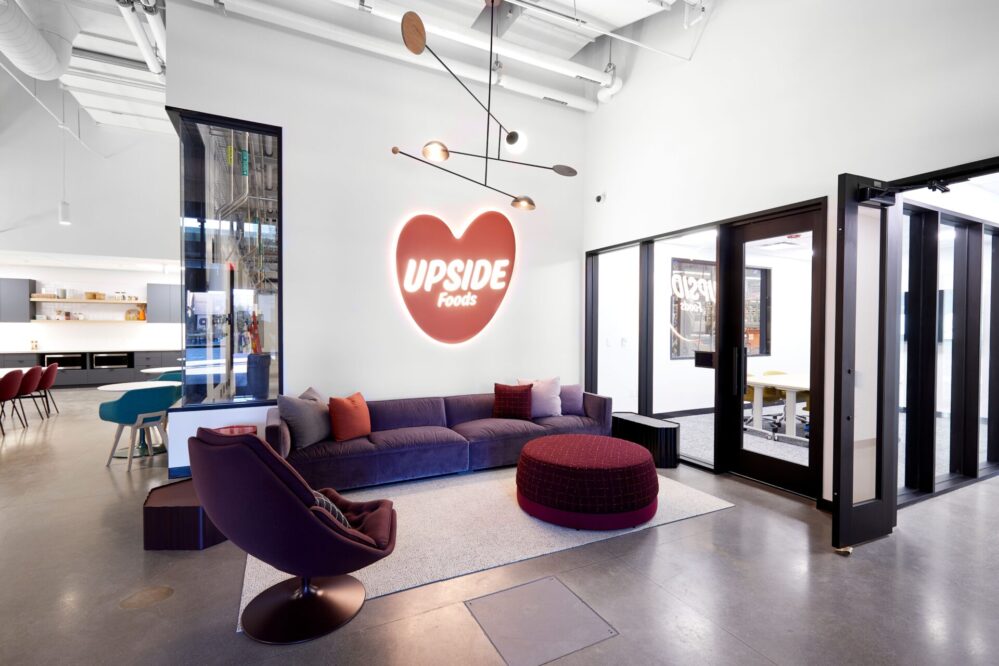Cultivated meat pioneer UPSIDE Foods has engaged in a fresh round of layoffs in a bid to conserve capital and extend its runway as it expands its facility in Emeryville, California, the company has confirmed.
The firm, which made “selective role eliminations” in February as it paused plans to build a large-scale facility in Chicago in favor of expanding its smaller ‘EPIC’ site in Emeryville, has not shared how many people have been laid off in the latest round.
In a statement to AgFunderNews sent after as a flurry of employees announced they were looking new roles on LinkedIn, the company explained: “To stay agile in the face of an uncertain macroenvironment and preserve the resources needed to reach our milestones, we made the difficult decision to eliminate a number of positions.
“We’re deeply grateful for the hard work, commitment and dedication of our departing team members and remain steadfast in our mission to bring cultivated meat to the world.”
State lawmakers take aim at cultivated meat
Its comments came shortly after the startup staged a ‘Freedom of Food’ pop-up event in Miami to protest a ban signed into law by Governor Ron DeSantis criminalizing the production and sale of cultivated meat in Florida, a move UPSIDE claims “disregards food safety experts, limits consumer choice, and stifles American innovation.”
DeSantis characterized the ban as “fighting back against the global elite’s plan to force the world to eat meat grown in a petri dish” and a bid to “protect our incredible farmers,” while lawmakers justified a similar bill coming into force in Alabama in October by referencing unspecified “concerns with the process.”
A bill reintroduced to the US House of Representatives by Rep. Warren Davidson (R-OH) to prohibit federal funding going to cultivated meat across the US, meanwhile, cited undisclosed “health risks to the human body.” Davidson’s office did not respond to our questions about what evidence there is to support this assertion.

Dr. Uma Valeti: Cultivated meat ‘no idealistic fantasy’
Pushback from state lawmakers and the deteriorating funding environment notwithstanding, UPSIDE Foods founder and CEO Dr. Uma Valeti says he remains confident that cultivated meat is “no idealistic fantasy.”
Delivering a TED Talk on June 24, Dr. Valeti reminded listeners that the cultivated meat industry didn’t even exist a decade ago, and has already secured approvals in several countries. “Never in history has an idea of this magnitude moved from an idea stage to this level of interest in a span of less than a decade.
“We’ve got multiple countries giving regulatory approvals: the United States, Singapore, Israel and soon Australia. We’ve got $3 billion being put to work. South Korea has just started a free economic zone to encourage cultivated meat to be commercialized rapidly, and China has added this to its five-year plan.”
He added: “A number of studies are showing that cultivated beef, when grown at scale [a term he didn’t define] using renewable energy has 90% lower greenhouse gas emissions, 90% lower land use and lower pollution. It’s also cleaner in the absence of animal waste or the need to use antibiotics that increase the risk of infections, whether it’s E.coli or Salmonella. We can have really clean conditions for manufacturing.”
Large-scale production of cultivated meat in the US
UPSIDE Foods— which has raised $608 million since 2015—has acknowledged that its whole cut technology (for which it has regulatory approval in the US) is not yet ready for prime time, telling AgFunderNews last June that its chicken fillets were still being made in 2-liter flasks.
However it shared more bullish comments in February 2024 about the performance of its hybrid approach, whereby it grows cells in suspension in 2,000-liter bioreactors and then combines them with plant-based meat to create processed products such as nuggets and patties.
As part of the expansion at its EPIC facility in Emeryville, said the firm, UPSIDE would be “adding larger cultivators that will demonstrate our ability to transfer our process into successively larger and more efficient scales while maintaining the taste, quality, and safety that we have been able to consistently achieve at the 2,000-liter scale.”
Asked for an update this week, a spokesperson said the company had no additional info to share on the regulatory timetable and would confirm details of the expansion at EPIC “at a later date.”
Meanwhile, GOOD Meat, the only other player to have secured regulatory approval to sell cultivated meat in the US, is “not attempting to raise money for a large-scale cultivated meat facility right now” and is instead focusing on process development and new cell lines that founder Josh Tetrick claims will enable more efficient large-scale production.
However, Believer Meats, which is building what it claims is the “largest cultivated meat production facility in the world” in North Carolina, said it expected the facility to be “operational by the end of 2024” in a press release issued in late May, although it has not yet secured regulatory approvals to sell cultivated meat products in the US.





